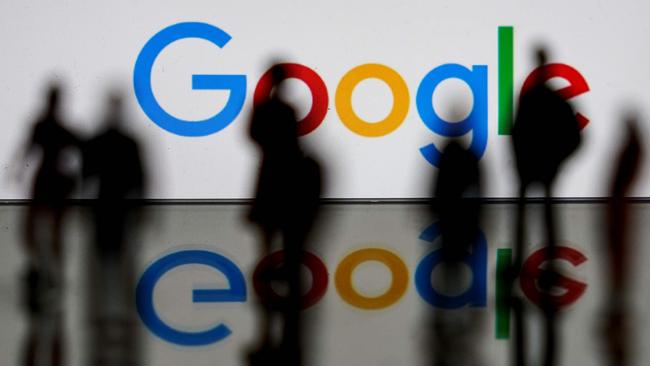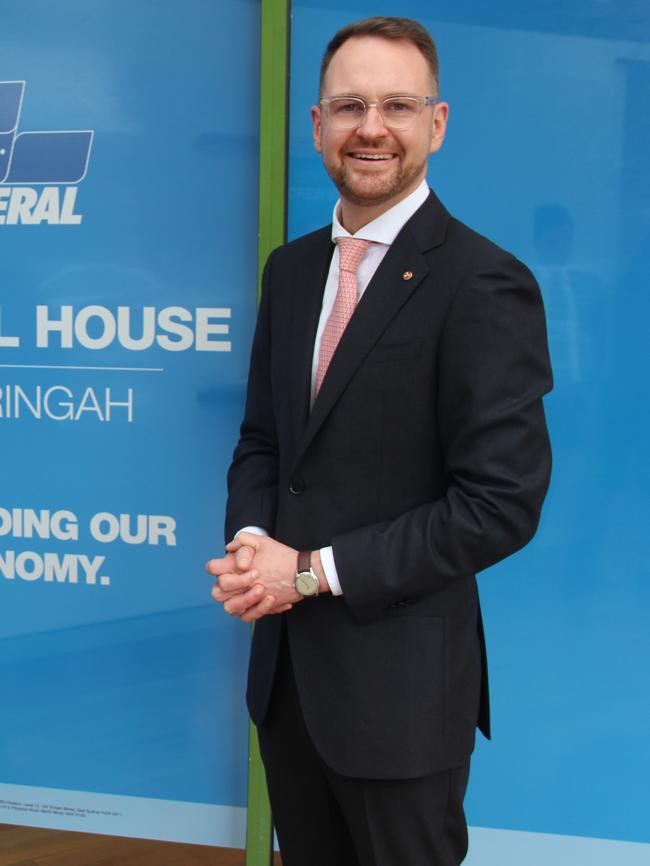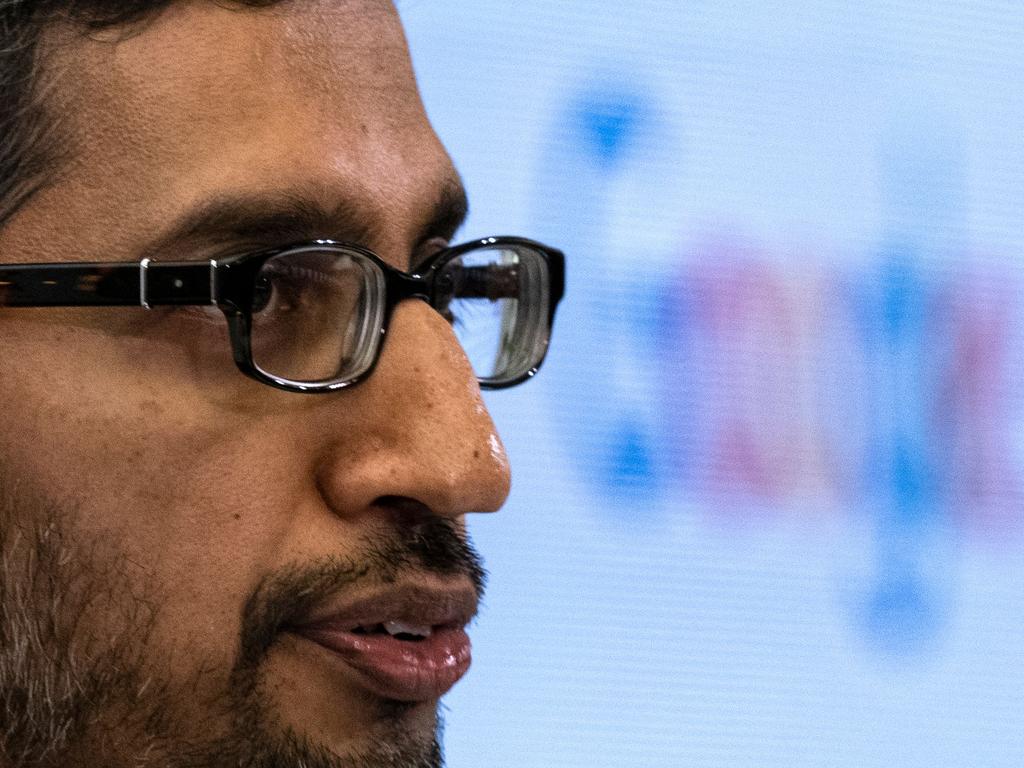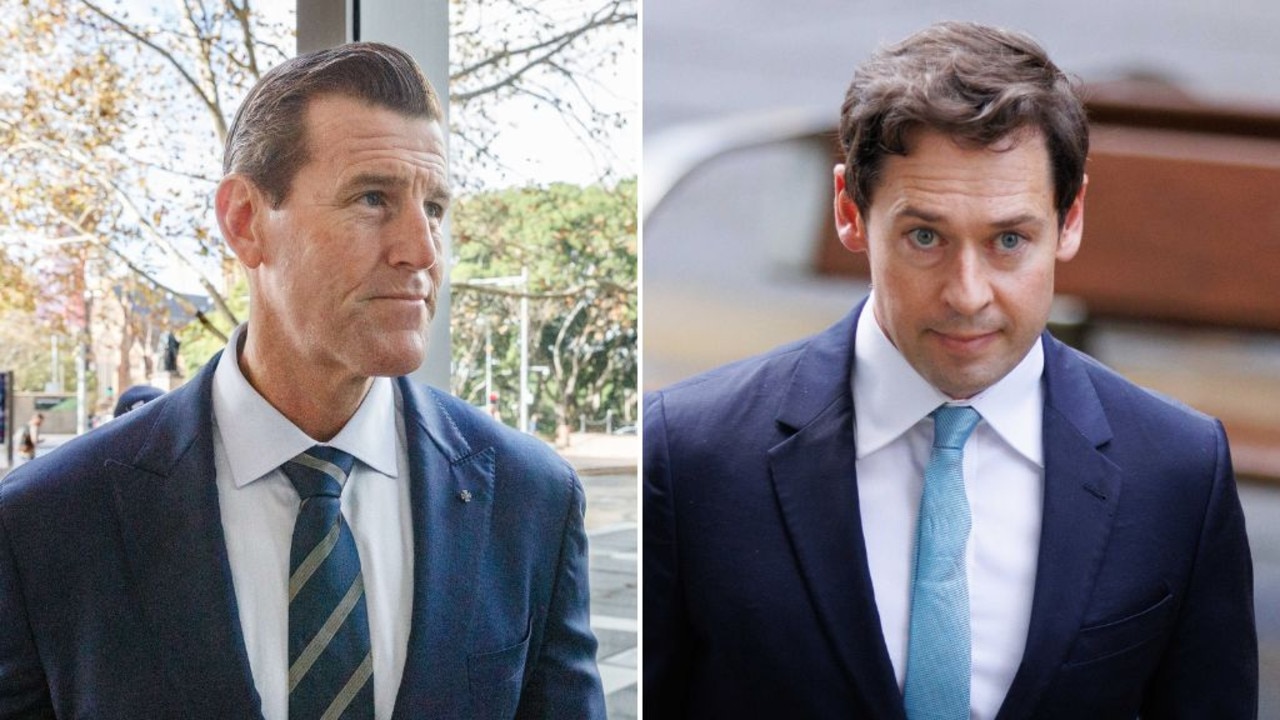Big tech’s job spree reveals ‘imbalance’ in media industry
Tech superpower Google and other dominant digital utilities went on a hiring spree over the past 12 months as news media outlets slashed workforces.

Tech superpower Google and other dominant digital utilities went on a hiring spree over the past 12 months, defying the pandemic lay-offs that saw news media outlets continuing to slash their workforces.
Prospering during COVID-19 restrictions, the titans of web search, digital advertising and internet service provision increased headcounts by 6.4 per cent as Australians increasingly relied on online tools to work, learn and shop from home.
But even as news audiences increase, publishing and broadcasting divisions have shed journalists, production crew and advertising sales people, amid accelerating structural change due to technological disruption and imbalances of market power.
By the start of this year, the weekly payroll of publishers (excluding internet and music) had slumped by 19.3 per cent from its pre-pandemic level, while the number of workers in radio and television dropped by 17.4 per cent over the period.
An analysis by The Australian of Australian Bureau of Statistics weekly payroll and quarterly employment data for the information media and telecommunications industry reveals a split in fortunes that goes beyond the pandemic job crunch.
Following the initial restrictions to control the spread of the coronavirus, employment in big tech’s subdivision (internet service providers, web search portals and data processing services) fell by 9.5 per cent. But by September that category had made up all of the lost ground on jobs and held it over the rest of the year.
ABS quarterly labour force figures tell a similar story. Since early 2018, traditional media has cut employment by 28 per cent. Publishing has lost 8000 staff and broadcasting has shrunk by 9000 workers.
By contrast employment in ISP and web search has grown over the period from 6400 to just under 10,000.
The Morrison government is seeking to introduce a world-first mandatory media bargaining code to make Google and Facebook pay for the original content they exploit from news outlets.
Media companies of all sizes, including The Australian’s parent News Corp Australia and Nine Entertainment, argue the code would make journalism viable in the digital age and bring more revenue to news producers.
The managing director of Guardian Australia, Dan Stinton, told The Australian the reason why the media industry was losing jobs while other sectors regained pre-COVID employment levels was not technological disruption but market failure.
“This is not creative destruction because of the internet,” the 25-year veteran of digital media said.
“News publishers rely on Google and Facebook for traffic, while competing with them for advertising revenue. Google and Facebook have 81 per cent of the digital advertising market.
“The code will correct this market failure and that will result in us employing more journalists.”

Since 2007, two in every three jobs in publishing (mainly newspapers, magazines and books) have disappeared. That’s around 40,000 workers in a variety of roles. Over the period, employment in internet publishing and broadcasting has grown from a statistical zero to 3400.
At a Senate hearing last month on the media bargaining code, Adam Portelli from the Media, Entertainment and Arts Alliance, said Australia had up to 5000 fewer journalists than a decade ago. He said the new laws were an “important and essential part” of fixing the decline in journalism “coupled with ongoing public interest news-gathering funding”.
Country Press Australia president Bruce Ellen argued the extra revenue arising from the code would go some way to at least sustaining, and possibly even enhancing, the provision of public interest journalism and employment in rural news outlets.
Google, which has 1800 employees in Australia and scooped up $4.3bn in advertising revenue in 2019, has backed down from its threats to leave the country if it has to pay for news.
Last week, The Australian revealed Microsoft had committed to step up investment in Australia in a bid for its search engine, Bing, to replace Google should it shut down search.
NSW Liberal Andrew Bragg, who sits on the Senate committee reviewing the new code, said the core issue was about the competition framework, and fairly rebalancing the flow of funds from Google and Facebook to news outlets.
“Over time, big tech should be regulated like utilities, which is what they are,” he said.
Senator Bragg argues the digital economy offers a path to more jobs and future prosperity and the tech titans have a key role in facilitating that for the benefit of all Australians.








To join the conversation, please log in. Don't have an account? Register
Join the conversation, you are commenting as Logout